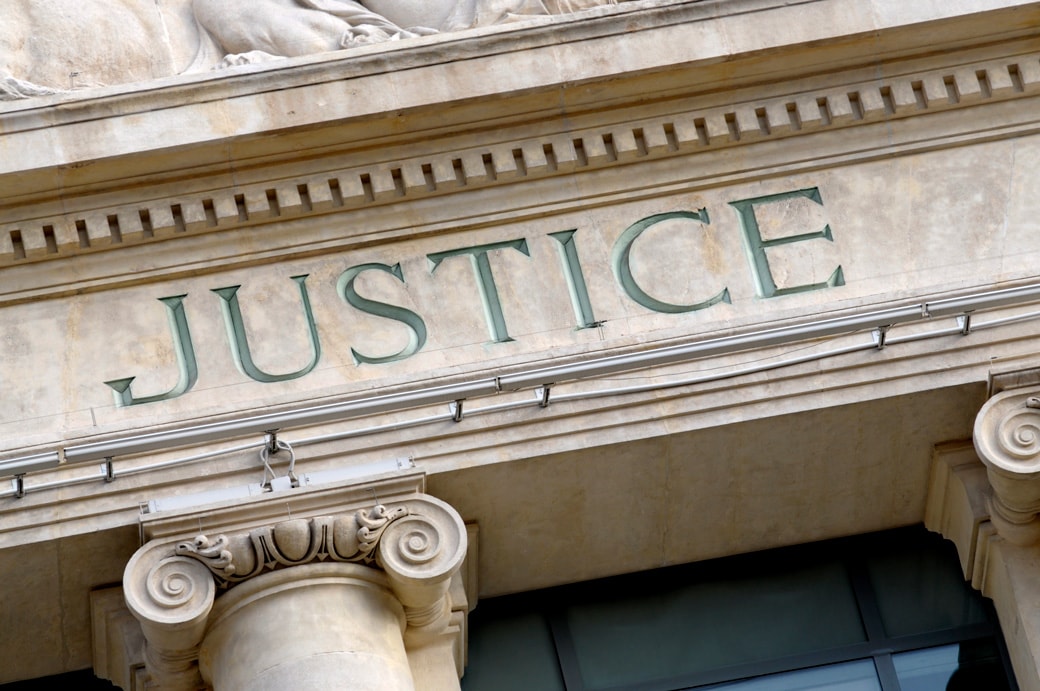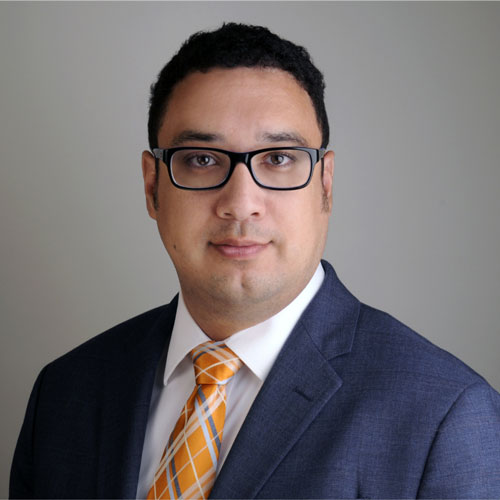Sexual Assault in the age of the #MeToo Movement
Since October 2017, the “#MeToo movement” has been in the news. For those of you who aren’t entirely clear what this movement is, it is an international movement against sexual harassment and assault which is spreading virally as a hashtag used on social media with a goal of demonstrating that sexual assault and harassment is often covered up. It started with an avalanche of sexual misconduct allegations against Harvey Weinstein (academy award-winning film producer, and co-founder of Miramax Films). Then, in the months that followed, numerous other high profile men (and even some women) were accused. Ben Affleck, Dustin Hoffman, Louis C.K., George Takei, Morgan Freeman and Mariah Carey are all names that have come up. Even Canadian Prime Minister Justin Trudeau has been accused, in credible allegations of groping.
Of course, as a criminal defence lawyer, I wish to stress that most (if not all) of the media reports that have identified these, and other people, have not been tested in court through a trial process and decided by an impartial judge or jury. But the rules that govern a criminal trial don’t necessarily govern other aspects of social life, and so when numerous complainants come forward with compelling stories, people can’t help but pay attention.
In the wake of the public accusations, many areas of society have been reflecting about the way business is done in the entertainment industry, the restaurant and nightlife industries, and even in ordinary, everyday office settings.
This is a good conversation for society to be having. But whenever a topic comes up in this way, people sometimes engage in mob-like behaviour which allows the movement to be hijacked and for people to be wrongly accused. There are always going to be false allegations of sexual misconduct — the most notorious one being the Duke Lacrosse scandal and the most recent case being the case of Nikki Yovino. There are a variety of reasons why a person may make a false allegation of rape or other sexual misconduct. Even the Sexual Assault Centre (SACHA) (which, from a reading of their online material, is clearly inclined to presumptively believe sexual assault complainants) still acknowledges that up to 8% of rape allegations (about 1 in 12) is a false report. When you consider they also advance an inflated and unsubstantiated number of nearly half a million sexual assaults every year, there are good reasons to think that their estimate of false allegations is likely on the low side.
The problem is this:
- Most men don’t rape. But unfortunately, a small minority of men do.
- Most women don’t make false allegations of rape. But unfortunately, a small minority of women do.
There is no denying that being the victim of a sexual assault is a terrible thing and nobody should have to go through that. Similarly, nobody should ever be falsely accused of sexual misconduct.
Accordingly, the criminal justice system plays an important role in prosecuting offenders to conviction and in providing procedural safeguards to innocent accused persons.
There is no denying that there has always been a tension in these types of cases in the justice system. On one hand, we want to punish the guilty. But on the other hand it would be a miscarriage of justice to find a person guilty, put them on a sex-offender registry, and put them behind bars for something they didn’t do. This has favoured the due process model of Court over the crime control model. This is based on the notion that “It is better that ten guilty persons escape than that one innocent suffer [punishment]” — a quote from English jurist William Blackstone. This concept is prevalent in most liberal democracies like Canada. Accordingly, we have concepts such as the presumption of innocence, the stringent standard of “proof beyond a reasonable doubt” and rules of evidence and procedure which permit a fair trial, often from the perspective of the accused person.
To be sure, though, Canada is at the forefront of having meaningful checks and balances which restrain an accused person’s right to full answer and defence. These checks and balances increase the chance of a conviction. Canada has long had rape-shield laws which restrict or even prohibit reference to things such as a sexual assault complainant’s sexual history or reputation. (The idea being that if a hoard of deeply personal information about someone’s sexual life could be brought up in a trial, unbridled, it would tend to deter people from reporting sexual assaults for fear of this happening to them. In Canada, there are strict rules against this.) Judges are well aware of gender-based stereotypes and prosecutors are trained very astutely to make arguments that don’t permit myths and stereotypes to infect trial proceedings.
There is no perfect system but one could argue that Canada has a well-balanced approach.
#MeToo Movement
Enter the “me too” movement.
With all the public calls for more accountability, the court system can face pressure to let the delicate balance described above shift in one direction or another.
In Canada, there are the following news stories which have captivated our attention:
- The Jian Ghomeshi trials were highly publicized and although they predate the movement, the discussion about these trials continues to this day and thus they have been a subject of discussion during the rise of MeToo;
- A case from Nova Scotia where a cab driver was found by police with a passenger — a young female — passed out and naked in his cab captured the attention when a judge said “a drunk can consent.” Although this is a true statement of the law, its phrasing is somewhat insensitive and the legal reasoning was found to be questionable by an appeal court that overturned the decision in January 2018;
- Formerly beloved television personality Bill Cosby had dozens of women accuse him of various forms of sexual misconduct. Although his June 2017 trial ended in a mistrial, the re-trial resulted in a conviction in April 2018. This is an American example but it was a high profile case of a person well known to most Canadians over the age of 30.
For these reasons, Courts are under pressure to “believe victims” and to err on the side of convicting. That’s not to say that most, (or even any) judges bend to this pressure; far from it. In Ontario and Quebec, the quality of the judiciary is excellent. But with public pressure comes the opportunity to decide those close cases in favour of convicting, which leaves open a growing risk of incarcerating the innocent.
Historical Assaults
One of the things that #MeToo has done is empower people to speak up about cases which may have happened years prior. What that means is that (at least by a sampling of anecdotal evidence) there is a rise of these kinds of complaints.
In Canada, there is no “statute of limitations” on crimes. Any crime which is deemed serious enough can be prosecuted 10, 20, 30 or more years after the fact. Of course, there are practical realities that make it more difficult to prosecute an old case, but it is possible. And one of the procedural safeguards for victims is that there is no categorical rule that delaying a report is fatal to its believability.
Also as mentioned, the crime needs to be deemed serious enough. Any form of sexual violence is serious and likely to be prosecuted; however, a 10-year-old claim of a pat on the bum (for example) – something that might have been prosecuted “summarily” might not be prosecuted since there is a limitation on summary offences. That limitation period is six months.
Solution
Now is not a great time to be accused of a sexual assault. Judges are at risk for being more likely to convict and certainly lay-jurors are affected by the public perception of these issues and the strength of the #MeToo movement.
With this comes the increased risk of innocent people being convicted.
The only solution is to have a good quality legal defence which leaves no stone unturned in the desire to expose the truth and defend a person’s fair-trial rights.
The lawyers at David Anber’s law office are experienced and skilled at putting forward such a defence. Please feel free to contact us any time to discuss your case.
David Anber
David Anber has been a trailblazing legal practitioner since 2006. His early entry into law practice during his studies marked the beginning of a distinguished career. As a member of both Ontario and Quebec’s bar associations, David excels in defending traffic and criminal cases across both provinces. David contributes to legal discourse through articles for the Defence Counsel Association of Ottawa and the Criminal Lawyer’s Association of Ontario.

